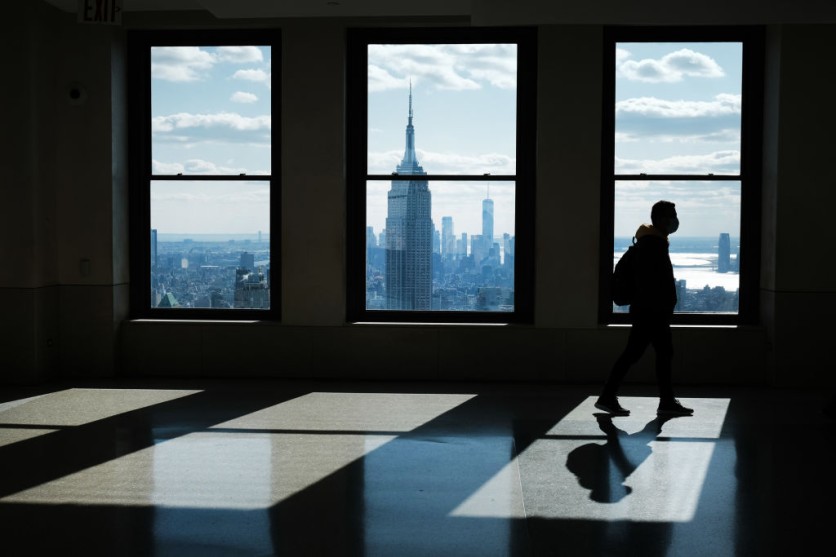Workaholism denotes a behavioral pattern where an individual excessively prioritizes work, often compromising other aspects of life like health, relationships, and leisure. Despite a commendable work ethic, this manifests as an undue and compulsive preoccupation with work, surpassing conventional or necessary levels.

Danger of Workaholism
However, Interesting Engineering reported a recent study that suggests that this form of addiction lacks fulfillment, as workaholics report feeling unwell even while working, potentially leading to severe consequences, including the risk of death.
Cristian Balducci, a professor at the University of Bologna, highlights the negative mood observed in workaholics, linking it to heightened stress levels, an increased risk of burnout, and cardiovascular issues.
His team conducted a study involving 139 full-time workers, primarily engaged in back-office operations. They initially assessed the participants' reliance on employment using a psychological exam.
To analyze the workers' moods and perceptions of workload throughout the week, the researchers employed the "experience sampling method." Participants used a dedicated app installed on their phones to respond to brief questionnaires every 90 minutes during working hours from Monday to Friday.
As posted in the Journal of Occupational Health Psychology, employees with severe workaholic tendencies reported being in a worse mood than their peers. Contrary to initial assumptions, the study revealed that individuals addicted to work do not derive more pleasure from their profession, regardless of their workload.
The findings also revealed that workaholics sustain a consistently negative mood throughout the day, showing no substantial changes linked to time or workload fluctuations. This reduced responsiveness to external stimuli suggests a significant emotional dulling, a phenomenon well-documented in various other addiction types.
Luca Menghini, a researcher at the University of Trento and the study's lead author, highlighted that the observed phenomenon may result from workaholics' challenges in moderating their work commitment.
This struggle leads to a significant reduction in disconnection and recovery experiences, concurrently contributing to the consolidation of a negative affective tone.
Related to Gender?
Gender disparities also enter the conversation, as reported by EurekAlert. The connection between work addiction and negative mood was notably more pronounced in women than in men, suggesting a heightened susceptibility of women to workaholism.
Researchers propose that this phenomenon could be linked to an elevated role conflict experienced by workaholic women. They find themselves caught between the internal inclination to invest in their work excessively and external pressures influenced by gender expectations that persist in our culture.
The research team recommends that businesses convey clear messages to employees regarding this issue and actively discourage the normalization of working beyond regular hours and on weekends.
Emphasizing the need to cultivate an environment that discourages excessive and dysfunctional job investment, they propose implementing disconnection policies, targeted training activities, and counseling options for individuals who find it challenging to adhere to these guidelines.
Additionally, the scientists issued a grave warning about the potential escalation of "overwork illnesses" to the point of mortality if left untreated.
Related Article : AI-Powered Wearables Could Identify User's Mental Health, Well-Being

ⓒ 2026 TECHTIMES.com All rights reserved. Do not reproduce without permission.




